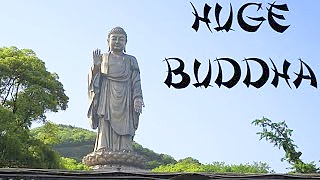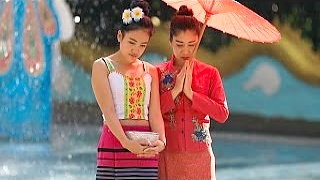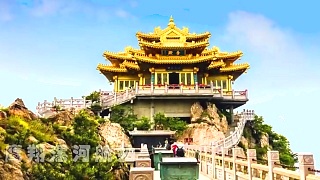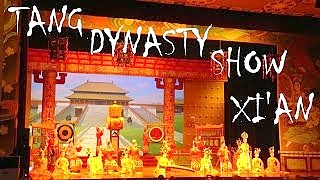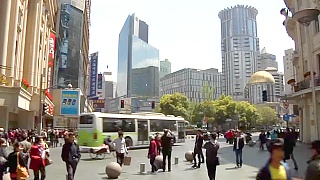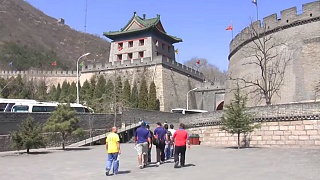The three foundations of Chinese thought are Taoism, Confucianism and Buddhism. Taoism Taoism originates with the teachings of LaoTse (circa 500 BC) and later his disciple ChuangTse. The 'Tao' means 'the way'. This philosophy that one finds a peaceful life by following the natural flow of life so that one maintains both internal and external balance. It emphasises the simple life and the aim is to be desire-free. Here is a brief excerpt from the Tao Te Ching : The enlightened possess understanding The full text can be seen
So profound they can not be understood.
Because they cannot be understood
I can only describe their appearance:
Cautious as one crossing thin ice,
Undecided as one surrounded by danger,
Modest as one who is a guest,
Unbounded as melting ice,
Genuine as unshaped wood,
Broad as a valley,
Seamless as muddy water.
Who stills the water that the mud may settle,
Who seeks to stop that he may travel on,
Who desires less than may transpire,
Decays, but will not renew.
Over time, and through mixing with ancient traditions and myths, Taoism took on a religious form and Taoism today is popularly associated with the worship of various Taoist gods in the east.
Confucianism
Confucianism is a philosophy that seeks harmony of society and the individual in society. It is concerned with proper relationships between people and an orderly hierarchy that stresses not only respect for superiors but also the proper behaviour of the superiors. These ideas and their codified rules applied throughout society and included the emperor. The emperor, though supreme ruler of society was subject to heaven.
Confucius stressed the importance of education. Among many others, he said that thinking without study is dangerous and study without thinking is useless.
Buddhism
Buddhism was introduced from India and gradually took on Chinese characteristics as it gained popularity in China. The Buddha taught one to find peace within oneself. That suffering stems from desire and attachment. To make it more accessible, some codified suggestions for how to live arose and in time Buddhism became a religion. 'Do not mistake the pointing finger for the moon' alerts us to the danger of missing the essence and being blinded by the trappings of religion.
There is a similar essence to Taoism and Buddhism. However, Buddhism tends towards solemnity while Taoism tends towards joy.
In China, it is sometimes said that we are helped by Confucianism when we are young, Taoism when we are middle aged and Buddhism when we are old.
 The Three Philosophical Pillars of Chinese Thought
The Three Philosophical Pillars of Chinese Thought